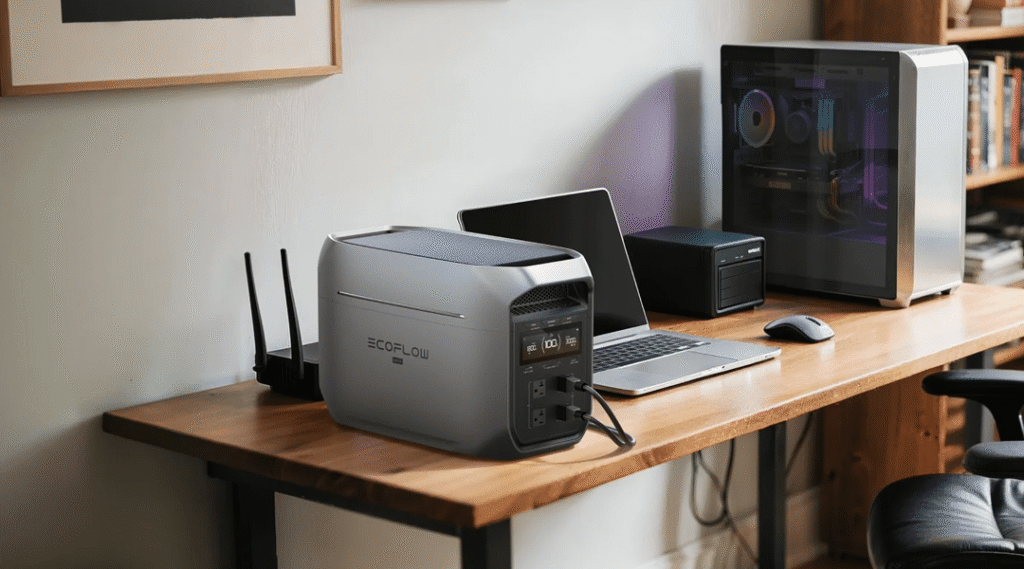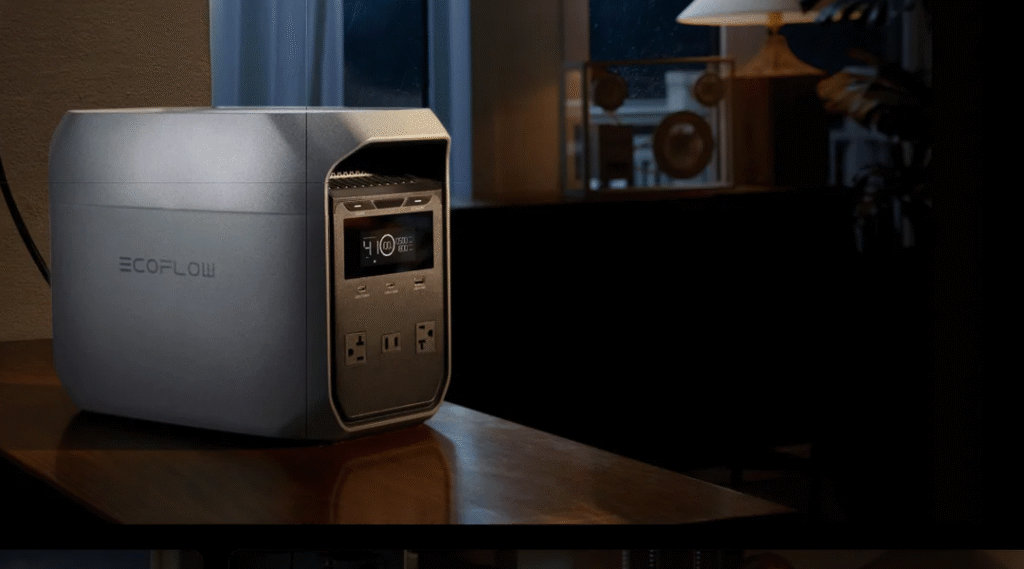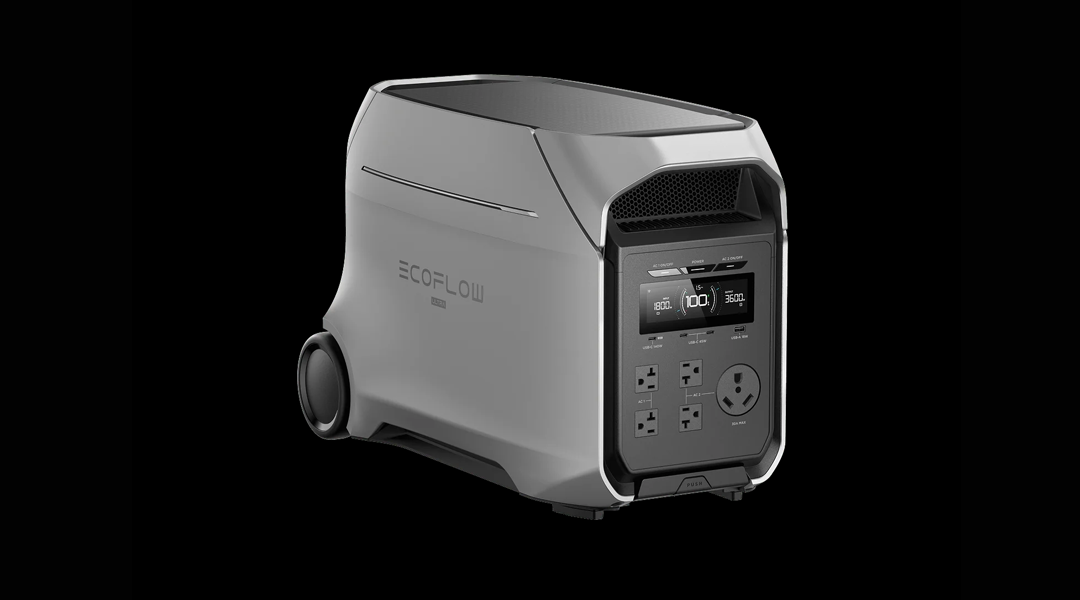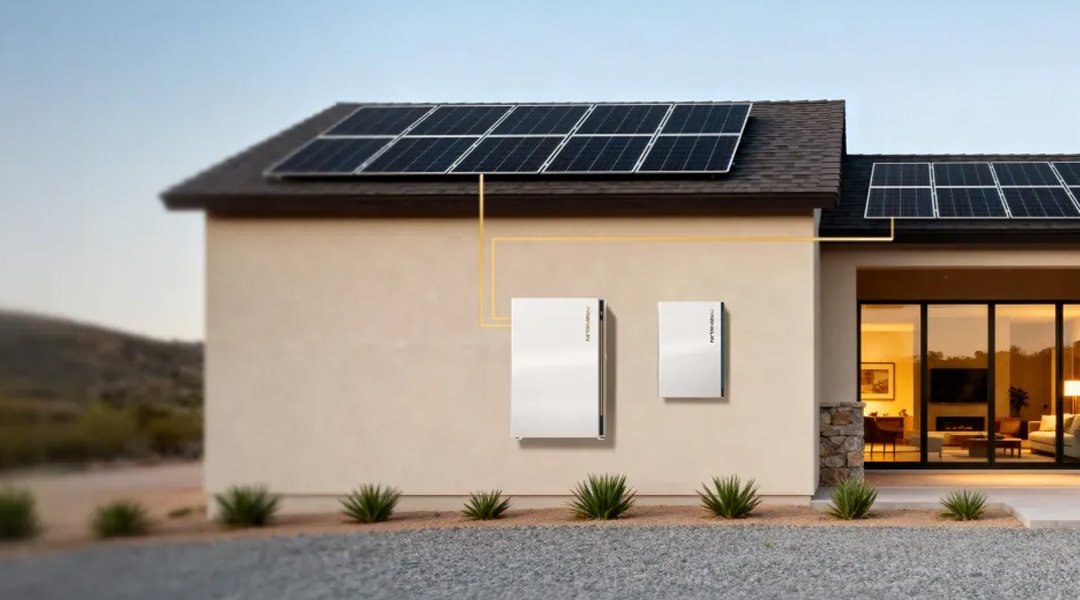EcoFlow’s DELTA 3 series covers a spectrum of needs: the Classic for highly portable, rapid-charge backup; the Max Plus for robust, continuous appliance support; and the Ultra Plus for expanded, near whole-home resilience with advanced outage management. Below is a practical and technical comparison to help you choose the right model based on load requirements, recharge strategy, expandability, and everyday usability.
Quick takeaway
Choose the DELTA 3 Classic for compact, fast-recharging emergency power; the DELTA 3 Max Plus when you need a mid-range station that reliably runs heavier appliances; and the DELTA 3 Ultra Plus when you want higher base capacity, stronger continuous output, and advanced features for prioritized, automated backup.
Key technical distinctions -the essentials
- AC output & surge capability: Ultra Plus leads with higher continuous power and larger surge capacity; Max Plus offers substantial midrange continuous and surge values; Classic is the smallest, intended for lighter, shorter-duration loads. These ratings determine which appliance combinations each unit can handle simultaneously.
- Usable energy / base capacity: Ultra Plus sits at the top for starting capacity and is designed to scale into multi-kilowatt-hour systems. Max Plus occupies the middle ground, while Classic is best for short-term or portable use.
- Recharge speed: All DELTA 3 models prioritize fast charging; Classic and Ultra Plus advertise especially rapid AC recharge times, and Ultra Plus emphasizes hybrid charge flexibility (solar + grid) for quick recovery during outages.
- Expansion & ecosystem: Ultra Plus supports larger system expansion and Smart Generator integration for multi-day autonomy; Max Plus accepts additional battery modules for extended runtime; Classic is the least expandable, focused on portability.
- Outage automation & smart features: Ultra Plus adds advanced automation like prioritized circuit handling, Smart Output Priority, and automated load management—features that reduce manual intervention during long outages.

Side-by-side feature list
| Feature | DELTA 3 Ultra Plus | DELTA 3 Max Plus | DELTA 3 Classic |
|---|---|---|---|
| Continuous / surge AC output | Highest in the family — designed for heavier household loads and larger surges. | Strong midrange continuous power and good surge headroom for appliances. | Compact power: suitable for small essentials and short outages. |
| Nominal capacity | Base is larger and intended to support 3–11 kWh system scaling. | Mid-sized starting capacity with option to add extra batteries. | Smallest onboard capacity for quick, portable use. |
| Recharge profile | Multi-input fast charging; engineered for hybrid recharge strategies. | Very fast recharge with multiple input channels. | Extremely fast AC recharge for quick turnaround. |
| Scalability | Engineered for significant expansion and automated whole-home workflows. | Supports battery add-ons to lengthen runtime. | Minimal expansion—meant for mobility and short missions. |
| Smart control | Advanced outage features: prioritized outputs, storm/backup modes, app automation. | App-enabled control with scheduling and expandability. | Basic app control and UPS functionality. |
| Portability | Heavier — designed more for home installation or limited mobility. | Mid-weight — portable but built for heavier duty. | Lightest — easiest to move for camping or quick emergency setups. |
| Best suited for | Prioritized home circuits, staged growth plans and prolonged outages. | Running heavier appliances in compact homes, RVs, or demanding camping. | Short-duration emergency power, travel, and minimal critical loads. |

Practical buying advice
- List your essential appliances (fridge, sump pump, Wi-Fi, medical devices, etc.) and compare their continuous and startup draws to each model’s ratings. That determines whether a single unit suffices or you need expansion.
- Choose a recharge strategy: if you rely on solar, prioritize models with larger PV input and fast MPPT charging; if grid or occasional generator top-ups are your norm, consider the units with the quickest AC recharge.
- Automate for peace of mind: if you want unattended reliability (auto load shedding, prioritized circuits), favor Ultra Plus for its smart power management. This matters for remote properties, families with medical needs, or those who travel during storm seasons.
EcoFlow’s DELTA 3 lineup scales logically from a nimble, ultra-fast portable unit (Classic) to a powerful, expandable system designed to handle serious loads and protracted outages (Ultra Plus), with Max Plus bridging the two. Pick Classic for portability and lightning recharge, Max Plus when you need dependable appliance support without system complexity, and Ultra Plus when you want extensive capacity, automated outage control, and room to grow into a full backup solution.
More articles for the similar topic:
Anker SOLIX F3800 Plus vs EcoFlow DELTA Pro Ultra — Deep Technical & Practical Analyses
Anker SOLIX Showdown: F3800 Plus, F3000 and F2000 Compared for Home Backup
Unlocking the Future: How to Improve Energy Storage Efficiency for a Sustainable Energy System
As for in-depth insight articles about AI tech, please visit our AI Tech Category here.
As for in-depth insight articles about Auto Tech, please visit our Auto Tech Category here.
As for in-depth insight articles about Smart IoT, please visit our Smart IoT Category here.
As for in-depth insight articles about Energy, please visit our Energy Category here.
If you want to save time for high-quality reading, please visit our Editors’ Pick here.




